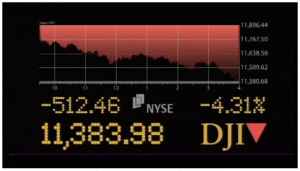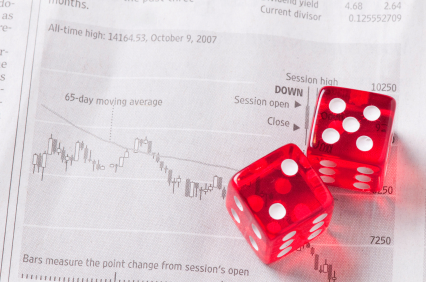The results of our “Test Your Money and Investing IQ” blog contest are in – once again proving that we have a lot of smart subscribers!
But some of these questions about key money and finance basics tripped up some of our readers – almost no one got all five answers right. Making financial decisions without knowing the correct answer to even one of these questions can easily shave six figures or more off your lifetime wealth.
So I urge you to pay close attention to the correct answers below. You’ll also find a list of our six contest winners at the end of this post.
Here are the correct answers given by readers to the five questions…
Question #1: If you finance a $30,000 car through a finance company, your actual cost for the car is the money you spend on it, plus the interest you pay, less the value of your trade-in at the end of your loan repayment period.
If you pay cash for a car, what’s your actual cost for the car?
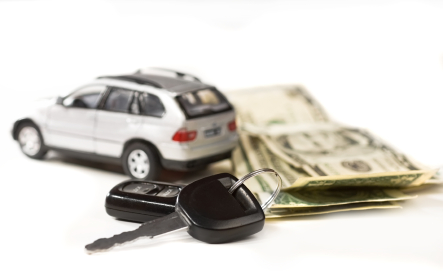

Answer: Joe Goldsmith pointed out what many people with alphabet soup after their name don’t get – that “paying cash for the car is just another form of financing.”
John Nicholson summed it up succinctly: “If you pay $30,000 cash for a car, your actual cost is the money you spent on the car, less the trade-in value at the end of the period, plus the opportunity cost – the loss of interest that the $30,000 could have earned.”
Perry Blouin went on to calculate the enormity of the total loss you could have over 40 years because of this “opportunity cost.” And Valerie Coffman noted, “If you use a Bank On Yourself policy (to pay for the car), you make money as if you never took it out, and you make money on yourself when you pay it back. Awesome!”
As Eric pointed out, “with Bank On Yourself, you accumulate the $30,000 and when it comes time for your vehicle purchase, request a check from the insurance company, receive it within 48-72 hours and then be ready to negotiate with the car dealership.”
Using your Bank On Yourself policy to pay for major purchases also gives you access to money on your terms rather than someone else’s. You can pay it back on your own schedule without worrying about bill collectors, late fees or black marks on your credit report. It beats financing, leasing or even directly paying cash for things by a long shot.
To find out how much more lifetime wealth you could enjoy – simply by using the Bank On Yourself method to make major purchases versus the other options available to you, request a FREE no-obligation Analysis that will show you your bottom-line results. I think you’ll be amazed!
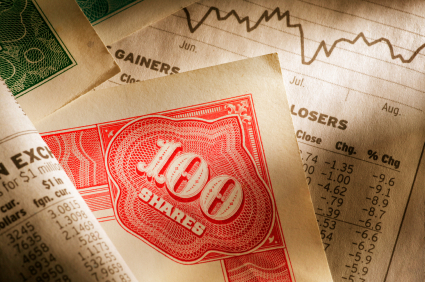
Question #2: If you have a $20 stock and it goes up by 40%, how much money did you make on that stock? (Hint: This is about a key financial principle, not a math question.)

Answer: The talking heads on Wall Street NEVER get this one and do their best to make sure you don’t figure out the blindingly obvious answer to this question!
As Ruth noted,
You don’t make any money until you actually sell your stock.”
Likewise, it makes me crazy when people talk about how much value their home has lost since the real estate bubble burst. You don’t have a REAL gain (or loss) until you sell an asset and lock your profits in.
Which is in stark contrast to the Bank On Yourself method. The gains you receive each year (guaranteed and predictable) are locked in the moment they’re credited to your policy. As for losses… well, there aren’t any. This is based on an asset class that has increased in value every year for over 160 years!
Question #3: According to Morningstar, Inc., the top-performing mutual fund for the last decade (ending December 31, 2009) enjoyed an 18% annual return.
However, the typical investor in that fund wasn’t so fortunate.
What was the annual return of the typical investor in that top-performing fund? And why was their return so different from the return reported by the fund?
Answer: Only one person – Raymond Trembath – nailed the shocking correct answer to this question (no one else came even close), and he also noted the reasons why:
“The typical investor in the best performing mutual fund of the last decade lost 11% annually, even though the fund itself rose by more than 18% annually. The reason this could happen is that all mutual funds are legally allowed only to advertise the results of their ‘buy and hold’ investors, in spite of the fact that long-term mutual funds tend to be held for less than half a decade!”
Doesn’t this typify the smoke and mirrors that the Wall Street Casino uses to pull the wool over our eyes?
If you find it hard to believe that the results mutual funds report could be so different than the results the investors in those funds get, I urge you to read the article supporting this from the Wall Street Journal.
The ultimate financial security blanket
Did you know that the Bank On Yourself wealth-building method has NEVER had a losing year? Used by Walt Disney and J.C. Penney, it has stood the test of time for more than 160 years.
To find out how you can grow your nest-egg safely and predictably, even when stocks real estate and other investments tumble… and how much money you could have – GUARANTEED – on the day you plan to retire, request your FREE no-obligation Analysis and Recommendations now.
You’ll also get a referral to a Bank On Yourself Professional who can help you find money you didn’t know you had to fund your plan.

Question #4: What percentage of mutual funds, financial advisors and investment advisory services underperform the overall market? And why?

Answer: Nick H. hit this one spot on when he said, “80% per Hulbert Financial Digest.”
And it’s not just because of the fees they charge. It’s because all the “experts” are humans, too, and are “predictably irrational,” buying and selling at the wrong times.
Question #5: You could have $10,000 in a mutual fund that reports an average annual return of 25% for four years… and at the end of the fourth year end up with only the $10,000 you started with.
How is that possible?
Answer: Doc Youngblood’s little story was such a great, entertaining explanation of this, I decided to include his response in full:
“How is it possible to have $10,000 in a mutual fund that reports an average annual return of 25% for four years… and at the end of the fourth year you end up with only the $10,000 you started with?
The key to the question’s answer is hidden in this short, simple story, but hidden in plain sight for those willing to see.
And the story? You’ll like this I promise—no animals were hurt during its filming.
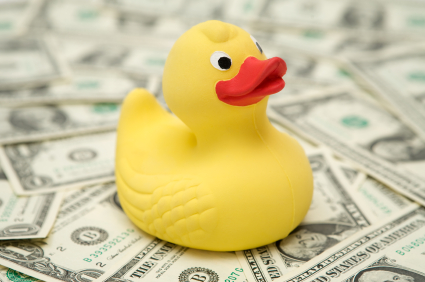
Imagine we are duck hunting and I shoot. I miss by a foot behind the duck. So I quickly aim and shoot again. I miss by a foot in front of the duck.

By the law of averages, I hit a bulls eye. By the law of dinner, my plate is still empty.
So, if your mutual fund reports an average annual return of 25% for four years, does that mean you’ve got more money in your account?
Let’s play:
| Year One: | Year Two: | Year Three: | Year Four: |
| Starting balance: $10,000 | Starting balance: $20,000 | Starting balance: $10,000 | Starting balance: $20,000 |
| Change: +100% | Change: -50% | Change: +100% | Change: -50% |
| Ending Balance: $20,000 (woo-hoo!) |
Ending Balance: $10,000 (ah well, at least I didn’t lose my initial investment) |
Ending Balance: $20,000 (hmm. . .it’s like déjà vu) |
Ending Balance: $10,000 (can anyone say, “spinning my wheels”?) |
Four years later you still have a $10,000 balance. But not once did the rate of return equal 25%. Here’s the percent change for each year: 100-50+100-50. So we add that up (100%) and then we divide that by four years to show our average rate of return is 25% for four years.

Wait! A 25% average rate of return is supposed to be a great thing, right?
Follow the cash in the example above—did the cash increase? The numbers above show one scenario with a 25% average rate of return and ending up with exactly the same money you started with.

However, 25% annual compound interest is a great thing. Take a look:
Year One: $10,000 becomes $12,500 at 25% compound interest.
Year Two: $12,500 becomes $15,625
Year Three: $15,625 becomes $19,531.25
Year Four: $19,531.25 becomes $24,414.06
Were you like me and confused about the two definitions? It’s very common to confuse them AND to assume that the average rate of return is a linear type of activity, one year after the next being the same. Average rate of return and compound interest are not the same.”
(For the record, you’ll find no smoke and mirrors when you see the bottom line numbers and results you could get when you add Bank On Yourself to your financial plan.)
Now for the list of our six contest winners…
There were so many insightful answers that it was hard to pick out only six winners. (All are being notified by email.)
The best entry, picked by our Bank On Yourself team, is Doc Youngblood, who wins a $100 Amazon Gift Card! (Doc – I guess you can tell your wife she was right!)
And the two runners up, who’ll get their choice of a $25 Dining Gift Certificate or a personally autographed copy of my best-selling book are:
1. Eric
2. Raymond Trembath

There were also three winners who got at least one question right, who were randomly chosen to win prizes. The winner of the second $100 Amazon Gift Card is Robert N.

And the two randomly chosen winners who’ll get their choice of a $25 Dining Gift Certificate or a personally autographed copy of my book are:
1. Carl Schoner
2. Rita
Thanks to everyone who participated in this blog contest. You are all winners for thinking – and seeing – through the conventional wisdom about money and finances that has cost so many people so much in lost money, lost time and broken dreams.

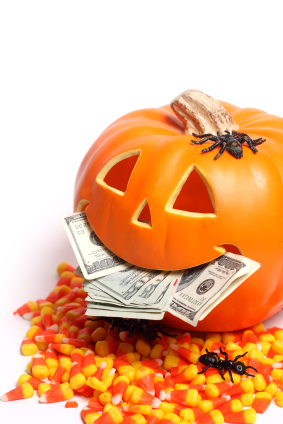 With more than 500 responses in so far to
With more than 500 responses in so far to 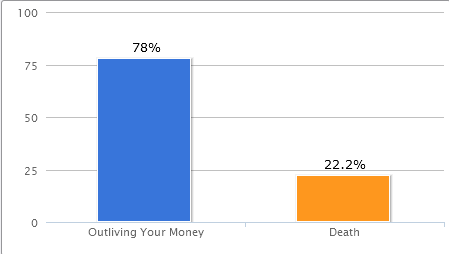
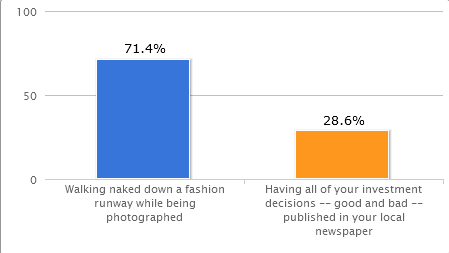
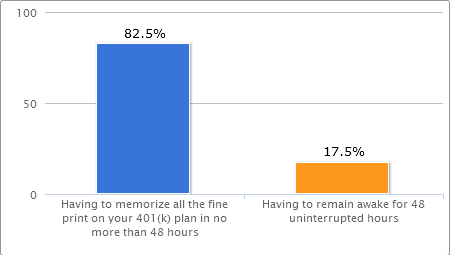
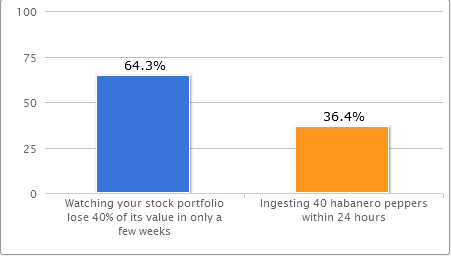
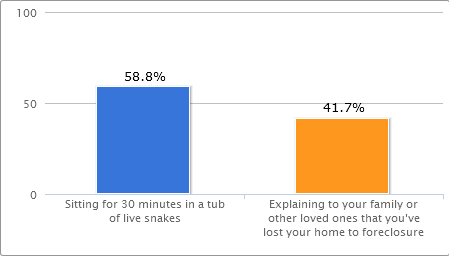
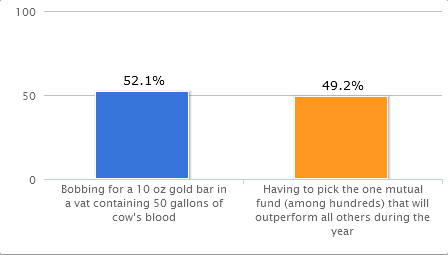
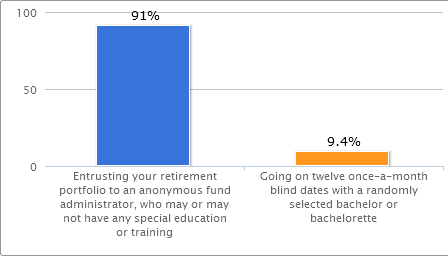
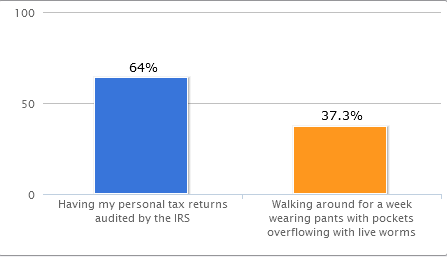
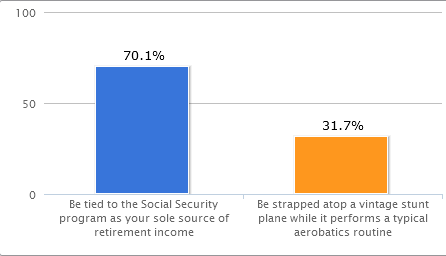
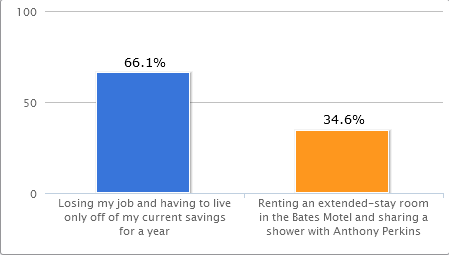


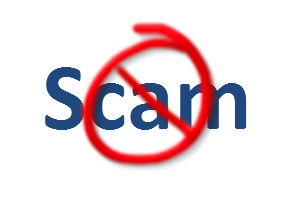

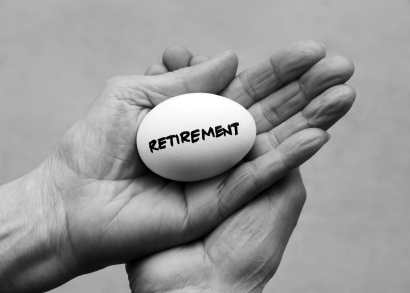
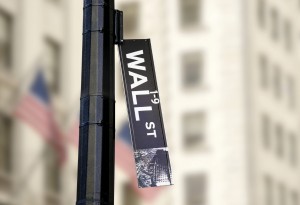

 ner than any of us want to admit.
ner than any of us want to admit.